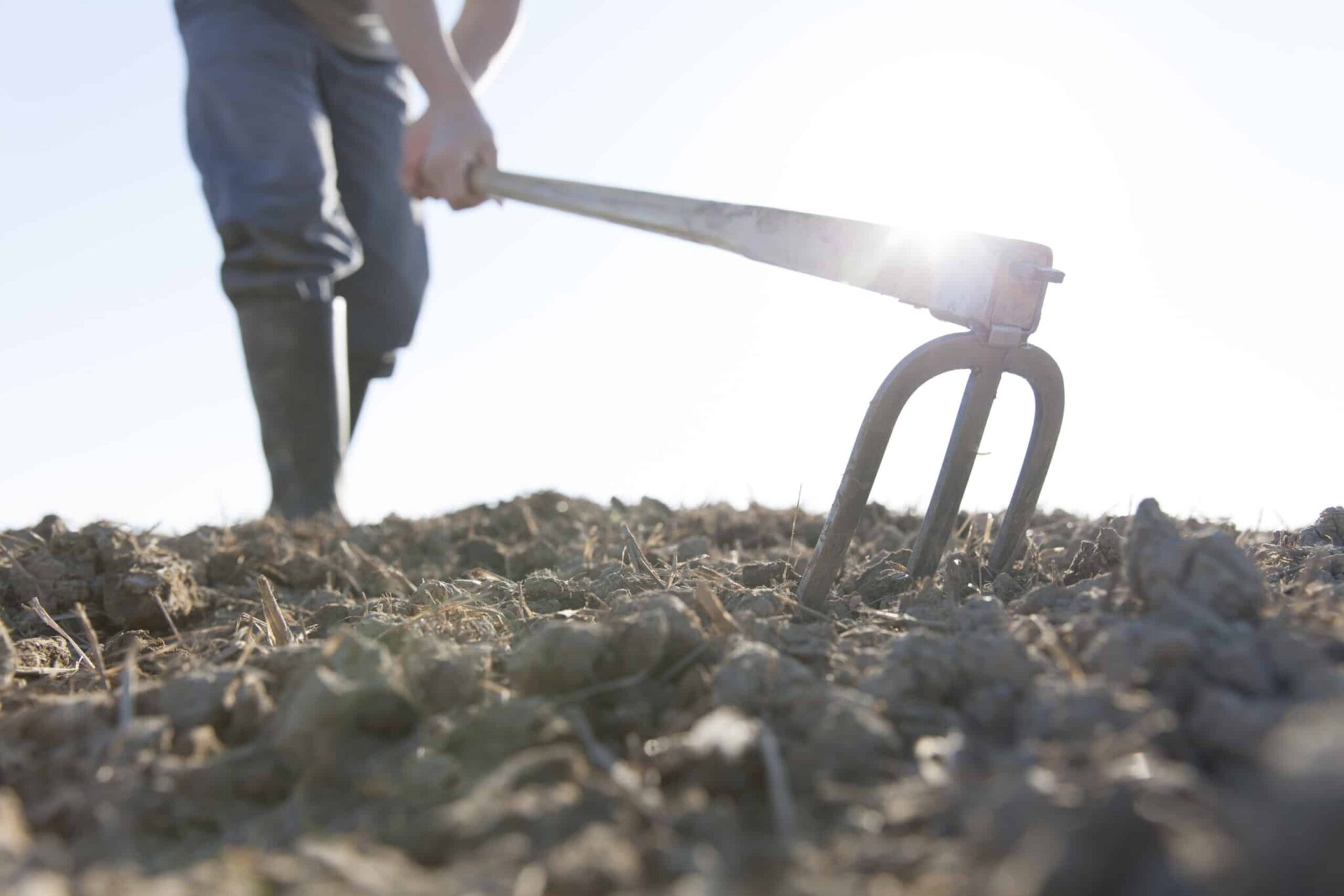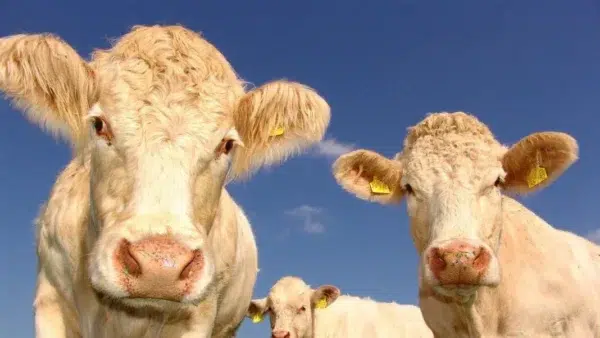Myth: Organic agriculture is pesticide free
Fact: It is commonly believed that organic farmers do not use pesticides and that organic food is therefore safer to consume than conventionally farmed fruit and vegetables. This claim that organic farmers work without using pesticides is a view that has been spread widely but is clearly false. Pesticides can be sprayed on organic fields as plant protection products or used in warehousing as biocides. In many countries a significant part of the most popular pesticides sold are also approved for organic farming. For example, in the EU, according to the pesticide approvals database, there are currently close to 500 substances approved for use as pesticides — of which 28 are approved for use in organic agriculture, many of which are neurotoxins or with a toxic profile requiring “Danger” labels. Some of those pesticides that are allowed in organic agriculture are boron (may affect brain, liver & heart); acetic acid (burns skin, eyes, risk to bees) or copper sulphate (toxic to everything, bioaccumulates and persists in the environment).
Often an organic farm cannot exist without using pesticides. If a farmer has a pest, fungus or weed problem, she or he must address it or suffer the consequences. Pesticides certified for use by organic farmers, like conventional ones, are designed to kill (with all the environmental health consequences that entails) — if they would not take care of the pest or disease, they obviously would not be used.
The condition for organic pesticides is that they must originally come from a natural source, but this does not imply that natural chemicals are any less deadly (Ebola, Anthrax or Ricin are all natural). Another difference between organic pesticides and those used in conventional farming is that organic toxins are rarely tested for health and environmental safety and there is no testing for toxic residue levels on organic produce. So, we know a great deal about the levels of risk in eating conventionally grown food (and the risk is minimal) but almost nothing about the risks from organically grown food.
Myth: Organic agriculture can scale up to deliver a sustainable food supply
Fact: It cannot under the presumptions of today. We won’t be able to feed the world by moving to organic agriculture, according to several research studies, including meta-analyses. Organic farming, despite advancements in the sector, produces, on average, between 43 per cent and 72 per cent less food than conventional methods. Researchers in 2019 simulated England and Wales adopting organic farming to the fullest extent and discovered that doing so would actually result in higher carbon dioxide emissions since more natural resources would be needed to produce the same volume of goods.
A concern that is often heard is that land use in developing countries has been repurposed from growing food to growing natural substances to produce organic-approved pesticides. For example, a large number of smallholders in Rwanda are growing chrysanthemums to be used in the production of natural-based pyrethrins for organic farmers in the West rather than using the synthetic equivalent.
Myth: Organic food is pesticide free
This isn’t always the case. Unless there is no other choice, organic farming permits the use of natural pesticides that avoid using man-made chemicals at all costs. Additionally, before using any pesticides manufactured by humans, farmers must first try other non-chemical pest management techniques.
In organic farming, pesticides are utilized, but they come from natural sources rather than synthetically manufactured ones. Furthermore, even if natural pesticides certainly sound better, it all comes down to how much of a particular ingredient you’re consuming. For instance, organic farming employs the usage of a copper derivative as a fungicide. It can be dangerous if consumed in the wrong amounts. However, neither organic nor synthetic pesticides present any health risks when present in the quantities found on food and in the proportions, we consume them.
Myth: Organic foods are less dangerous than genetically modified foods
Fact: Comparing organic farming to genetically modified organisms is akin to comparing apples and oranges. Additionally, some would say that GMOs are safer than organics because organic growers are permitted to use specific pesticides, some of which are highly toxic. An example would be a GM potato that is resistant to blight and does not require natural pesticides like copper sulphate or other fungicides that are frequently used in organic farming to manage that disease. In an ideal world, genetic engineering would help organic farming.
Unfortunately, in 2018, the organic sector took an opposing position towards gene-edited crops. At that time, the International Federation of Organic Agricultural Movements (IFOAM) said, in a paper, that “new genetic engineering technologies… are not compatible with organic farming and must not be used in organic breeding or organic production.” But the organic sector has not finished this debate over gene-edited crops, and there are large groups of farmers that support the use of gene editing.
What exacerbates the situation is that organic farmers regularly use older and so-called heirloom varieties which are missing the necessary genetic resistances against pests and diseases, requiring them to use even more pest control measures.
Myth: Organic farming can feed the world
Fact: Organic farming would need about 40 per cent more land area to produce the same amount of food as conventional agricultural methods. Up to 80 per cent more land will be needed in the future to be able to feed the expanding global population utilizing just organic farming techniques. To guarantee that there will be enough arable land for agriculture, enormous, wooded areas would also need to be cleared. The remaining needed land area would have to be provided by clearing moors, woods, and conservation zones. The biodiversity would be under a lot of stress as a result. In light of climate change, expanding the amount of arable land is not a viable solution.
Additionally, it is not resource efficient to use more energy, labour, and raw materials to cultivate crops without also improving the yield. Farmers’ revenues would be declining because of crop losses, while consumer prices would increase. Additionally, going down this road would harm the environment and interfere with the climate. Productive and resource-efficient farming techniques are essential to provide the expanding global population with wholesome food.
Read More from the February Issue:
Myth: Private Breeding Can Feed the World
The Truth Behind the EWG’s Dirty Dozen












